![Publicity poster of Dirilis: Ertugrul [Resurrection: Ertugrul], a Turkish dizi which Prime Minister Imran Khan would like all Pakistanis to watch](https://i.dawn.com/primary/2019/12/5dfee9215bfda.jpg)
In her latest book New Kings of the World: Dispatches from Bollywood, Dizi and K-Pop, Fatima Bhutto travels the globe exploring cultural movements arising from outside the Western world. Reporting from Istanbul, Dubai, Beirut, Lima and Seoul, Bhutto argues that the global dominance of American pop culture has come to an end, overtaken by Bollywood films, Turkish television shows (dizi), and Korean pop music (K-pop).
For many decades, America’s pop culture was the only global pop culture available. “Libertine and flashy, it spoke mainly to a Third World elite,” writes Bhutto. “This elite, myself included, may have been the first to be infected, but eventually this worship of American popular culture spread, facilitated by massive migration to urban areas, the rise of the middle class across the Global South, and increased connectivity.”
It is the same forces that spread American pop culture — migration, connectivity, urbanisation — that are pivoting global pop culture in new directions today. The emergence of new cultural industries has not only “flattened the playing field”, but transcended class divisions and appeal to a wider audience than before. For instance, in 2008, the American soap opera The Bold and the Beautiful peaked in its worldwide viewership at 26.2 million. By 2016, the Turkish television show Magnificent Century (or Mera Sultan, as it was known here) had been seen by more than 200 million people. Bhutto attributes this vast gulf more to changing demographics than to better cable connections.
Bhutto reports from the frontlines of this cultural makeover: from the sets of television shows in Istanbul to Shah Rukh Khan’s annual birthday celebrations by his fans in Lima. For most of the book, she investigates why Turkish shows and Bollywood films in particular have been so explosively popular in communities across the Global South, from the Middle East to Latin America and right here at home.
Fatima Bhutto’s latest book is a thoughtful and entertaining look at how American pop culture has been displaced by new global cultural industries
In the 2010s, Turkish dizi took Pakistan by storm. From the multiple love triangles in Ishq-i-Mamnoon — the Urdu-dubbed version of Ask-i-Memnu [Forbidden Love] — to the grand palaces, royal intrigues and epic scale of Mera Sultan (original title Magnificent Century), we were hooked. According to a Pakistan ratings network, 55 million people (myself included) watched Ishq-i-Mamnoon’s finale. Mera Sultan surpassed that.
Part of the reason Turkish shows spread so widely was simple economics: it was cheaper to broadcast a Turkish show than to produce a Pakistani show. But economics alone cannot explain the mass popularity of Turkish dizi in Pakistan and around the world. There was something about these shows that we had been missing, beyond an element of novelty. Dubbed in Urdu, Turkish television felt both foreign and familiar. According to Bhutto, the Turks had done something neither the Americans nor the Indians had done: “They had achieved the perfect balance between secular modernity and middle-class conservatism.” The combination of a non-Western modernity with the challenges of being faithful to tradition, family and a dose of good-old-fashioned values turned out to be a winning formula.
Also, in Turkish shows, the Muslims were kings. To a post-9/11 generation who has grown up watching bearded brown terrorists in American films and television shows, it felt exhilarating to watch a high quality show where Muslims were not just not-evil, but also noble, enlightened and powerful, and where it was the European kings who did the beheadings for a change.
Turkish dizi are not limited to Ottoman history. Çukor [The Pit], for example, is a faithful Turkish rendition of The Godfather set in an Istanbul ghetto. Fatimagül, about a young woman’s battle for justice after being gang-raped was also widely popular from Pakistan to Spain (where it drew close to a million viewers).
The effectiveness of Turkish soft power is evident: in 2018, dizi was removed from Saudi airwaves. Back at home, on the other hand, Prime Minister Imran Khan endorsed the latest Turkish creation to make waves around the world — Dirilis: Ertugrul [Resurrection: Ertugrul] — a show about the founders of the Ottoman Empire. Muslim children today know about Western heroes, Khan said, but not about our own (Islamic) history. He wants the show to be dubbed in Urdu so that everyone can watch it.
One of Bhutto’s claims in the book is that American pop culture does not appeal to the many millions “who are only just arriving in the modern world and still negotiating its overwhelming changes.” Turkish television and Bollywood films strike a deeper chord with these “latecomers to modernity” — a growing global population of migrants who have moved from villages to cities within their own countries.

This brings us to Peru. You would think the highlight of the section on Bollywood would be Bhutto’s interview with Shah Rukh Khan — “even though he’s dressed like Justin Bieber, there is something avuncular about Khan” — and it definitely has its moments, but it’s Bhutto’s conversations with Khan’s fans in Lima that prove the most illuminating. Bollywood fan clubs in Lima operate like the “gangs of West Side Story, minus the knives”, and none are as devoted as those dedicated to Khan, who is often seen as a saviour.
Violeta, a 72-year-old grandmother who survived both cancer and the death of her husband, tells Bhutto, “Shah Rukh Khan prolonged my existence for five years.” She survived, she says, because her granddaughter made her watch the film My Name is Khan. “I said to my granddaughter, if you bring me more films of this actor, I will keep on living and stay with you for more time.”
The popularity of Bollywood in Peru is surprising even to the Indians living there. While watching a troupe of Peruvian Bollywood dancers performing at an Indian restaurant in Lima, the restaurant’s Indian owner, Jay Patel — the only Indian present — complains to Bhutto, “God knows why the hell Shah Rukh Khan is so much popular here.”
Bollywood is exclusively popular with Peru’s indigenous population, who see themselves reflected more strongly in the brown heroes of Bollywood’s films than in their own, where characters are usually urban and white.
The Peruvian love affair with Bollywood began in the 1950s, when Indian films portrayed themes of family relations, the city and migration, and the “moral of sacrifice as personal redemption.” Today’s Bollywood films share Hollywood’s excessive materialism. “No longer is the hero an honest villager fighting in a corrupt system; now he is a multinational brand consultant with a Rolex whose parents celebrate their wedding anniversary by taking a hundred of their closest friends on a Mediterranean cruise.” But this hasn’t turned Peruvians away. In fact, as Bhutto puts it, there is something exhilarating “about a brown man who makes it big.”
K-pop, the subject of the final section of the book, is so short it feels like an afterthought. The personal insight and sharp observations that make the first two sections convincing are largely missing here. The strongest parts of the book are Bhutto’s interactions with the people she interviews and I wish we could have heard more from them.
The book was published as part of Colombia Global Reports and designed to be a slim volume “that can be read in a few hours” by “curious and busy” readers. Despite being brief, New Kings of the World is a thoughtful and entertaining look at the growing popularity of “the new arbiters of mass culture” that have surpassed Western cultural dominance in today’s shifting world.
The reviewer is the founder of The Writing Room and talks about books on Instagram @thewritingroom.co
New Kings of the World: Dispatches from Bollywood, Dizi and K-Pop
By Fatima Bhutto
Columbia University, US
ISBN: 978-1733623711
207pp.
Published in Dawn, Books & Authors, December 22nd, 2019


















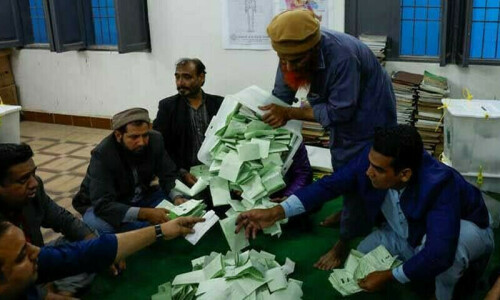
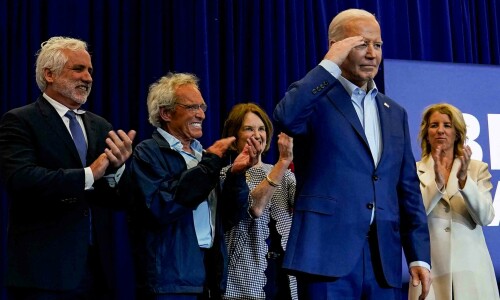
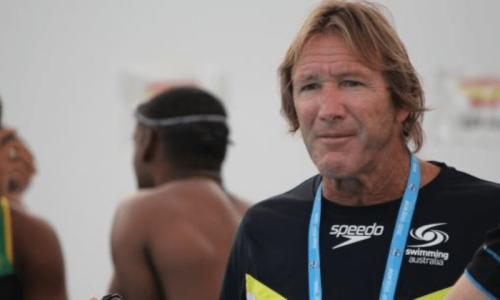
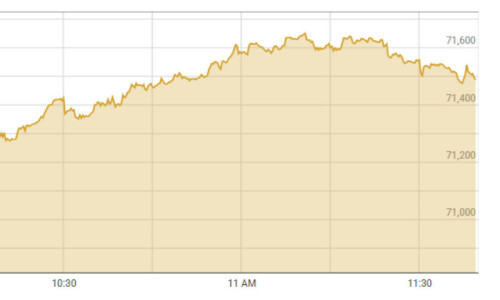




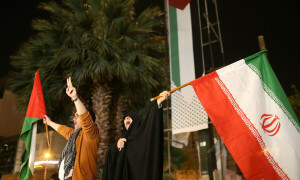
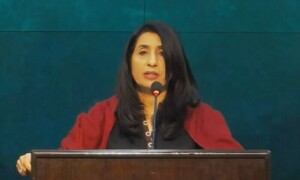


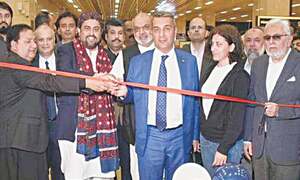


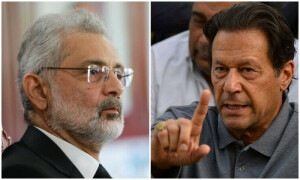













Dear visitor, the comments section is undergoing an overhaul and will return soon.